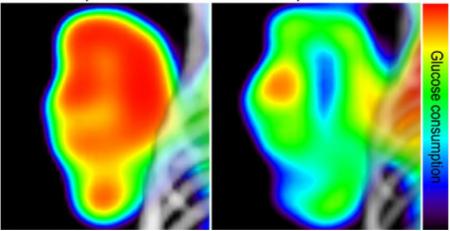While opioids are often prescribed to treat people with trauma-related pain, a new UCLA-led study suggests doctors should use caution before prescribing the drug to those they believe may experience severe stress in the future, in order to reduce the risk the patient will develop PTSD.
In the study, researchers administered doses of the opioid morphine to a group of 22 mice for one week, then gave the mice relatively strong foot shocks. After the morphine wore off, the mice were given mild electric foot shocks. These mice showed a substantially longer "freezing response" than a second, control group of 24 mice that had not been given morphine. When mice recall a frightening memory, they freeze. Their heart rates and blood pressure go up, and the more frightening the memory, the more they freeze.
For more information | Newsroom
Journal Reference | Neuropsychopharmacology


留言 (0)